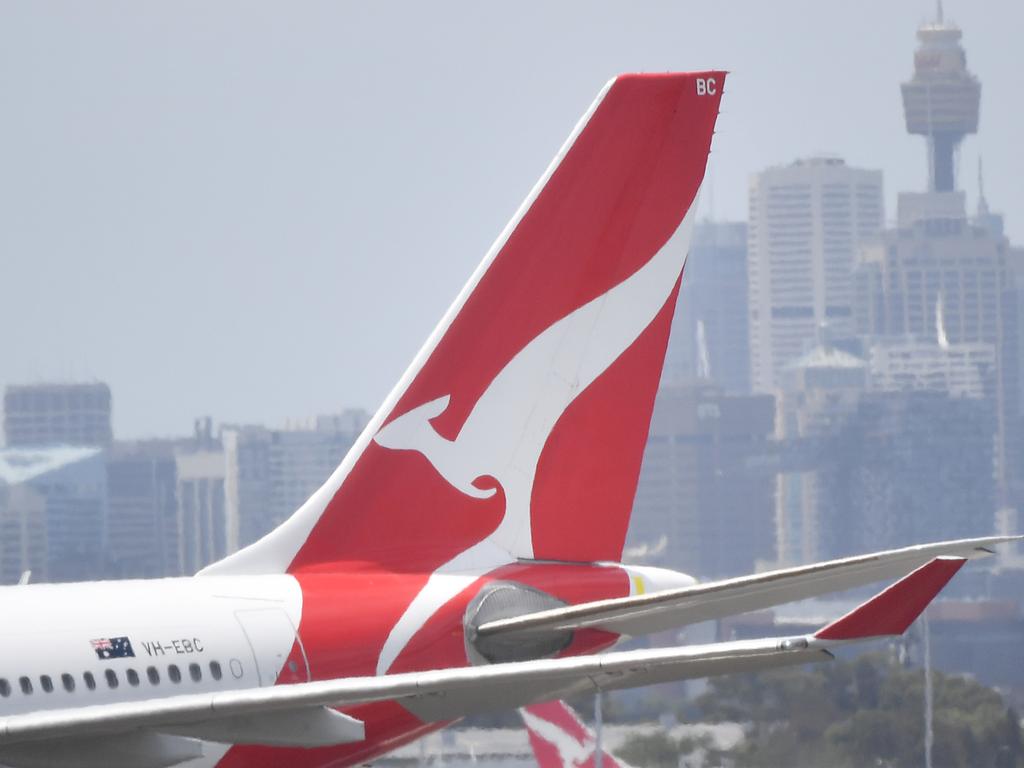Unions and bosses at odds over wage theft penalties
Employers say increasing penalties for underpaying workers will hamper jobs growth and pandemic recovery.

ACTU secretary Sally McManus has declared unions are willing to forgo higher penalties for wage underpayments and push for the government’s industrial relations bill to be blocked in the Senate unless significant changes are agreed to by the Coalition.
And in the wake of persistent attacks by Labor and the union movement, employers on Friday urged the government to make amendments to the bill to “clarify” proposals giving COVID-stressed bosses more ability to bypass the Fair Work Act’s better-off-overall test.
After business groups urged the Senate to oppose proposed increased penalties for underpaying workers, Ms McManus said the “few crumbs” offered to workers, including the compliance measures and the end of “zombie” WorkChoices agreements were outweighed by myriad negative provisions affecting workers.
“If the whole bill went down, that would be a better outcome than it passing with just those positives,” she told The Weekend Australian.
“What’s being said to workers is we are going to make it harder for employers to steal off you, to break the law, and you should be so happy about that that you are going to (accept) your job more likely being casual and it’s going to be much harder to get pay rises anyway.
“If you had a set of scales and you tried to weigh them up, you wouldn’t even see one side dip. It’s a little bit insulting (as) wage theft shouldn’t be happening in the first place.”
She said the bill made it easier for employers to casualise jobs that would otherwise be permanent, made bargaining for better pay and conditions more difficult, allowed wage cuts, took rights off blue-collar workers on big projects, and weakened wage-theft penalties in jurisdictions where it was already deemed a criminal act.
In its submission to the Senate inquiry set to examine the industrial relations bill, the Australian Chamber of Commerce and Industry rejected ALP and union criticism of the government proposal to give COVID-impacted employers more ability to bypass the better-off-overall test.
But it said amending the bill “could, however, usefully clarify that this avenue can only be used in relation to the negative impacts of the COVID-19 pandemic”.
The Australian Industry Group said while it did not support employers who deliberately underpaid employees, the “much higher civil penalties and the criminal penalties in the bill for underpayments are not warranted”.
Criminal sanctions, including jail and multi-million-dollar penalties, would apply to employers found to have dishonestly engaged in deliberate and systemic wage theft. The new offence would carry a maximum penalty of up to four years’ imprisonment or a $1.1m penalty — or both — for individuals, and up to $5.55m for a body corporate. The bill also increases civil penalties for individuals and corporations.
The ACCI also opposed the higher penalties for underpayments, reiterating that if they passed they should be subject to a two-year moratorium. The government requires the support of the Senate crossbench to pass the bill after Labor said this week it would oppose the entire bill.








To join the conversation, please log in. Don't have an account? Register
Join the conversation, you are commenting as Logout